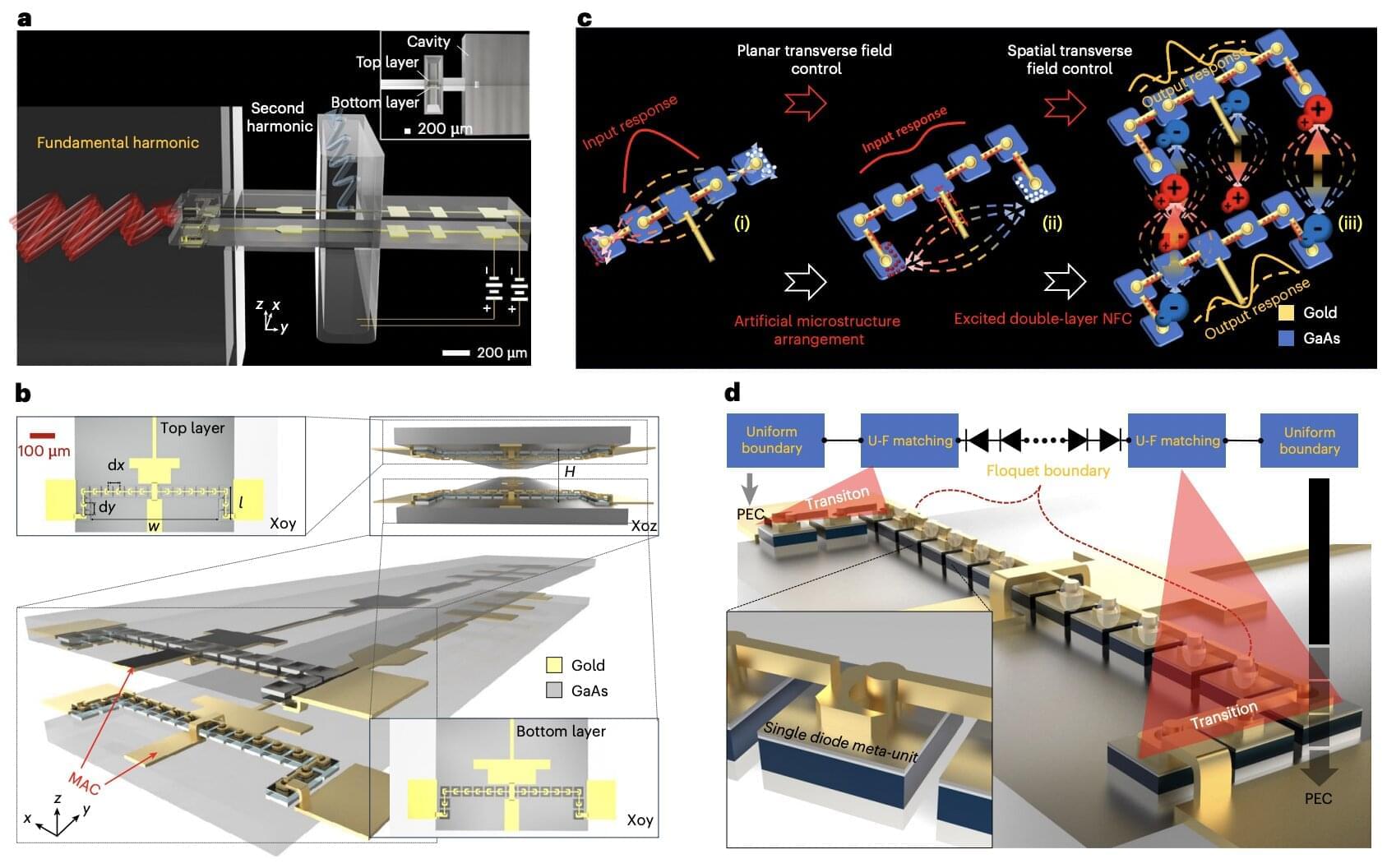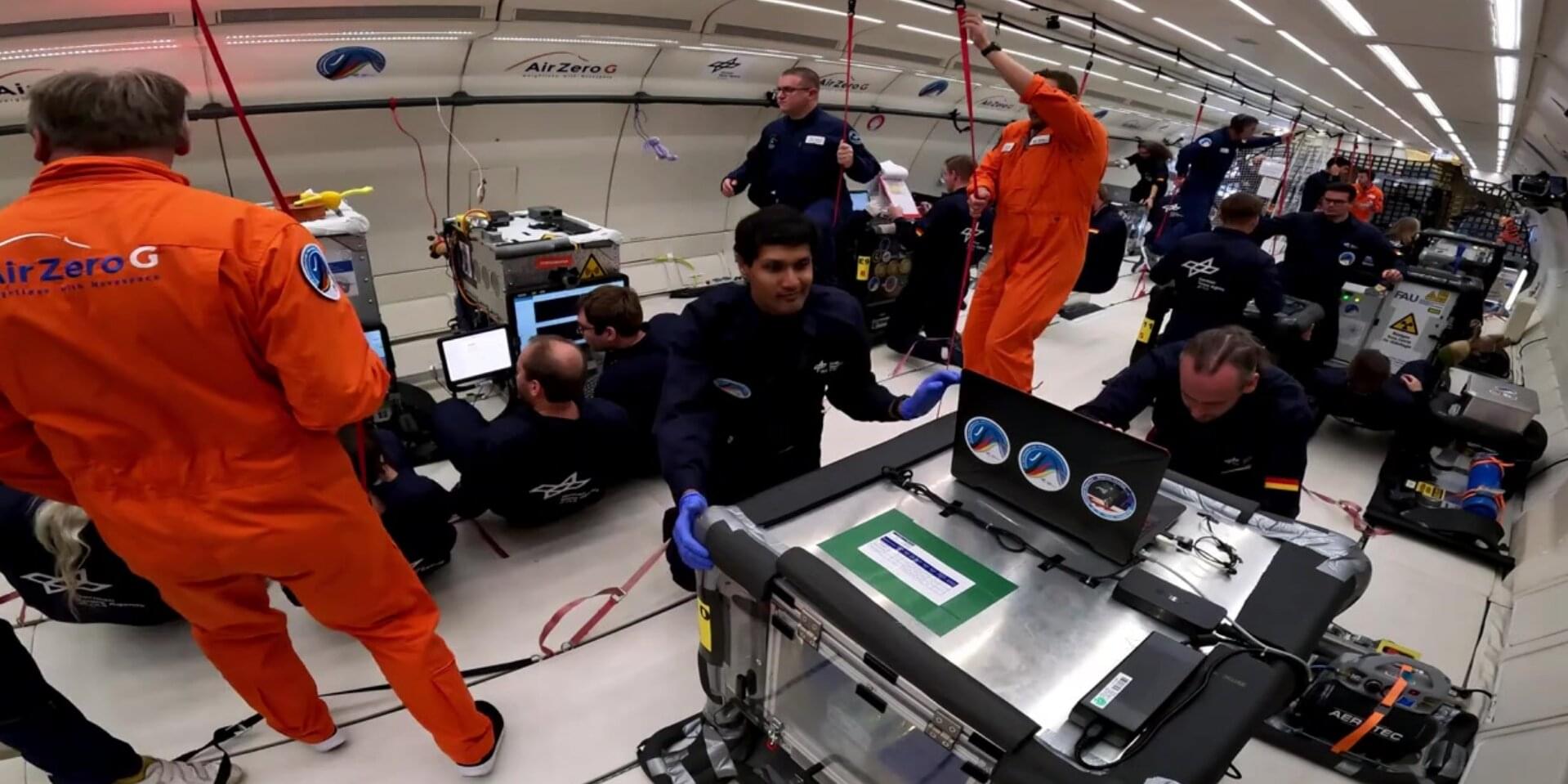Discover amazing ML apps made by the community.


ExpressVPN: Right now you can get an extra four months of ExpressVPN for free. Just scan the QR code on the screen, or go to https://ExpressVPN.com/PIERS and get four extra months for free.
Two years ago, Elon Musk was among a thousand experts to sign an open letter demanding an urgent pause on the advancement of Artificial Intelligence because of the risks concerning job losses, misinformation and more.
But now Musk is now spending a billion dollars a month to compete in an AI arms race, which is inflating the stock market to bursting point.
Amazon just laid off 14,000 workers in its ongoing A.I pivot — so, are the worst fears of doomsaying experts already coming true?
Joining Piers Morgan to discuss are respected thinkers in this field; Dr Roman Yampolskiy, Dr Michio Kaku, Alex Smola and Avi Loeb.
Then; he’s performed for presidents, billionaires and sports stars, but Oz Pearlman’s recent extraction of Joe Rogan’s pin number may have been his biggest hit yet.
If you’ve ever wondered what exactly an AI attack, takeover, and/or extermination of humanity would like and how if it occurred in the VERY near future (or even if you do), this is a video you really need to see.
Highly recommend the full book, which goes into way more detail: https://amzn.to/4qeJgFL
Detailed sources: https://docs.google.com/document/d/1o8N5hiV9dXsoi27RIA5-XVCh…sp=sharing.
Hey guys, I’m Drew. This video has taken literally months to finish, so if you liked it, would really appreciate a sub smile
I also post mid memes on twitter: https://twitter.com/PauseusMaximus.


Frontier reasoning models have exhibited incredible capabilities across a wide array of disciplines, driven by posttraining large language models (LLMs) with reinforcement learning (RL). However, despite the widespread success of this paradigm, much of the literature has been devoted to disentangling truly novel behaviors that emerge during RL but are not present in the base models. In our work, we approach this question from a different angle, instead asking whether comparable reasoning capabilites can be elicited from base models at inference time by pure sampling, without any additional training. Inspired by Markov chain Monte Carlo (MCMC) techniques for sampling from sharpened distributions, we propose a simple iterative sampling algorithm leveraging the base models’ own likelihoods. Over different base models, we show that our algorithm offers substantial boosts in reasoning that nearly match and even outperform those from RL on a wide variety of single-shot tasks, including MATH500, HumanEval, and GPQA. Moreover, our sampler avoids the collapse in diversity over multiple samples that is characteristic of RL-posttraining. Crucially, our method does not require training, curated datasets, or a verifier, suggesting broad applicability beyond easily verifiable domains.

When a Black Hole Becomes a White Hole — and Shoots a Jet Across the Universe.
🌌 Have you ever wondered what happens inside a black hole — where physics seems to break? Einstein’s equations say it collapses forever… but quantum geometry tells a different story.
At the tiniest scales, spacetime itself pushes back. When curvature becomes extreme, a hidden repulsive side of gravity awakens — a mirror twin of the usual attraction. We call this curvature duality:

Coaxing tiny, self-propelled particles into cohesive structures suggests an approach for making micromachines inspired by living systems. Taking a step toward that goal, researchers have poked and prodded strands of material made from such “active” particles and measured their responses [1]. Understanding the mechanics of structures like these will be essential for the design of devices such as cilia sheets or autonomous microrobots that perform tasks in materials assembly or medicine.
Active matter refers to collections of objects that can move on their own via some energy-consuming process. For 15 years, researchers have studied active fluids that, for example, model the emergent behaviors typical of flocking birds or schooling fish. More recently, researchers have begun to explore active solids—semirigid structures made from active particles. These structures could, in principle, change their shapes in controlled ways or adapt their locomotion to suit their surroundings.
Jérémie Palacci of the Institute of Science and Technology Austria and his colleagues previously designed an active solid made from 2-µm-diameter particles submerged in water [2]. Each particle is a plastic sphere with a hematite cube fixed to its surface. When exposed to blue light, the hematite reacts with hydrogen peroxide in the water and emits the reaction products, a bit like an underwater jet.

Electromagnetic waves with frequencies between microwave and infrared light, also known as terahertz radiation, are leveraged by many existing technologies, including various imaging tools and wireless communication systems. Despite their widespread use, generating strong and continuous terahertz signals using existing electronics is known to be challenging.
To reliably generate terahertz signals, engineers often rely on frequency multipliers, electronic circuits that can distort an input signal, to generate an output signal with a desired frequency. Some of these circuits are based on Schottky barrier diodes, devices in which the junction between a metal and semiconductor form a one-way electrical contact.
While some frequency multipliers based on Schottky barrier diodes have achieved promising results, devices based on individual diodes can only handle a limited amount of energy. To increase the energy they can manage, engineers can use several diodes arranged in a chain. However, even this approach can have its limitations, as the distribution of the electromagnetic field between the diodes in a chain often becomes uneven.

Human health is the Achilles heel of space travel. Researchers at ETH Zurich have now succeeded in printing complex muscle tissue in zero gravity. This will enable drugs for space missions to be tested in the future.
On their way into space, astronauts’ bodies deteriorate dramatically in zero gravity. To address this problem and protect our pioneers in space, researchers are looking for realistic test models.
This is precisely where the research of a team at ETH Zurich comes in. To produce muscle tissue under the most precise conditions possible, the research team led by Parth Chansoria used parabolic flights to simulate the microgravity of space for a short period of time. This technical feat brings the researchers closer to their long-term goal: growing human tissue in orbit to study diseases and develop new therapies.

Ballistic electrons are among the most fascinating phenomena in modern quantum materials. Unlike ordinary electrons, they do not scatter off imperfections in the material and therefore travel from A to B with almost no resistance—like a capsule in a pneumatic tube. This behavior often occurs in confined one- or two-dimensional materials.